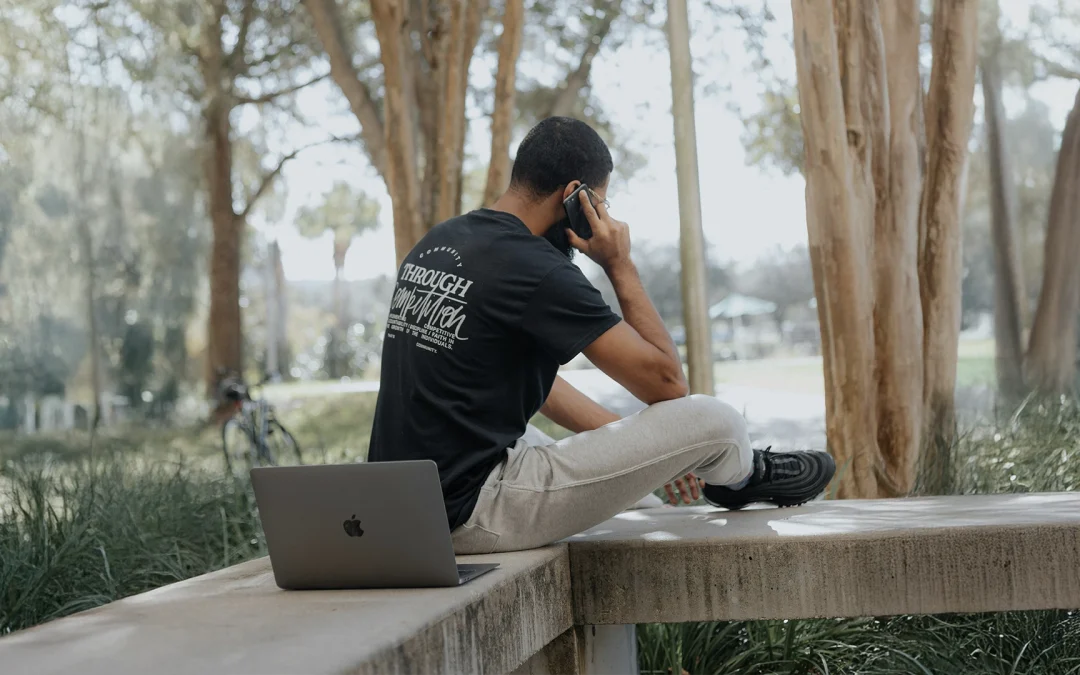For years in high school, I vowed that this would never be the case. If my dad turned left, I turned right. I felt like we had nothing in common. My days were spent focused on school, athletics, and girls. He spent his days working at his boring government job, and sometimes we’d see each other in the evenings. And when I did see him, he was tired and grumpy. I drew my line in the sand and said, “There’s no way I will end up like this man.” I would say to myself, “I was made for more.”
The years have passed, and I’m now 41 years old. I’m married with two kids and a mortgage. As directly as I can say it, I’m more like my dad today than I have ever been. In some ways, I am okay with that, and in other ways, I am not. What if part of the process of becoming a man is embracing the traits of our fathers that are good and noble? And with the other parts that need some work, we can make it our job to change them for the sake of our sons and daughters.
The amount of grace I have for my dad today is so much more than it was even ten years ago. The pressures of putting food on the table and leading a family can be tough—clearly more than what I knew as a 21-year-old. It now makes sense why my dad came home the way he did. It doesn’t necessarily make it right, but it does make sense. It’s now my job in my life to choose how I come home from work because my family doesn’t need my frustration. They need my gentleness and understanding even if they don’t understand the pressures and stress of my life at work.
Now let’s get personal. Are you okay with becoming your father? Maybe this is a better question: In what ways do you want to be like your dad? And what parts would you want to change? I am a believer that there are things about our dads that we love and want to continue doing to carry out their legacies. Some of you have fathers with good and valuable traits that are easily seen. For some of you, it is a challenge to see those glorious places in our dads.
Honestly, I never thought I would be here at 41 thinking about my father’s legacy. I think of my son now who is two years old. There is not a day that goes by when I don’t reflect on the legacy that I hand him. It is the legacy that was handed to me and continues to be handed to me. If I am not intentional with how I speak and relate to him, he will be left on his own to figure it out.
About the Author: Cory Smith is the Executive Director of Training Ground (TG). TG has locations in Colorado Springs, CO and Sarasota FL and their team provides evaluated real life experiences, mentoring, and intentional Biblical teaching in the context of work, wilderness, and worship. Their mission is to train and establish young men in Christ as future leaders in families, the workplace, and ministry. Cory enjoys fly fishing, wearing flip flops and shorts, and hanging with friends in his garage.



0 Comments